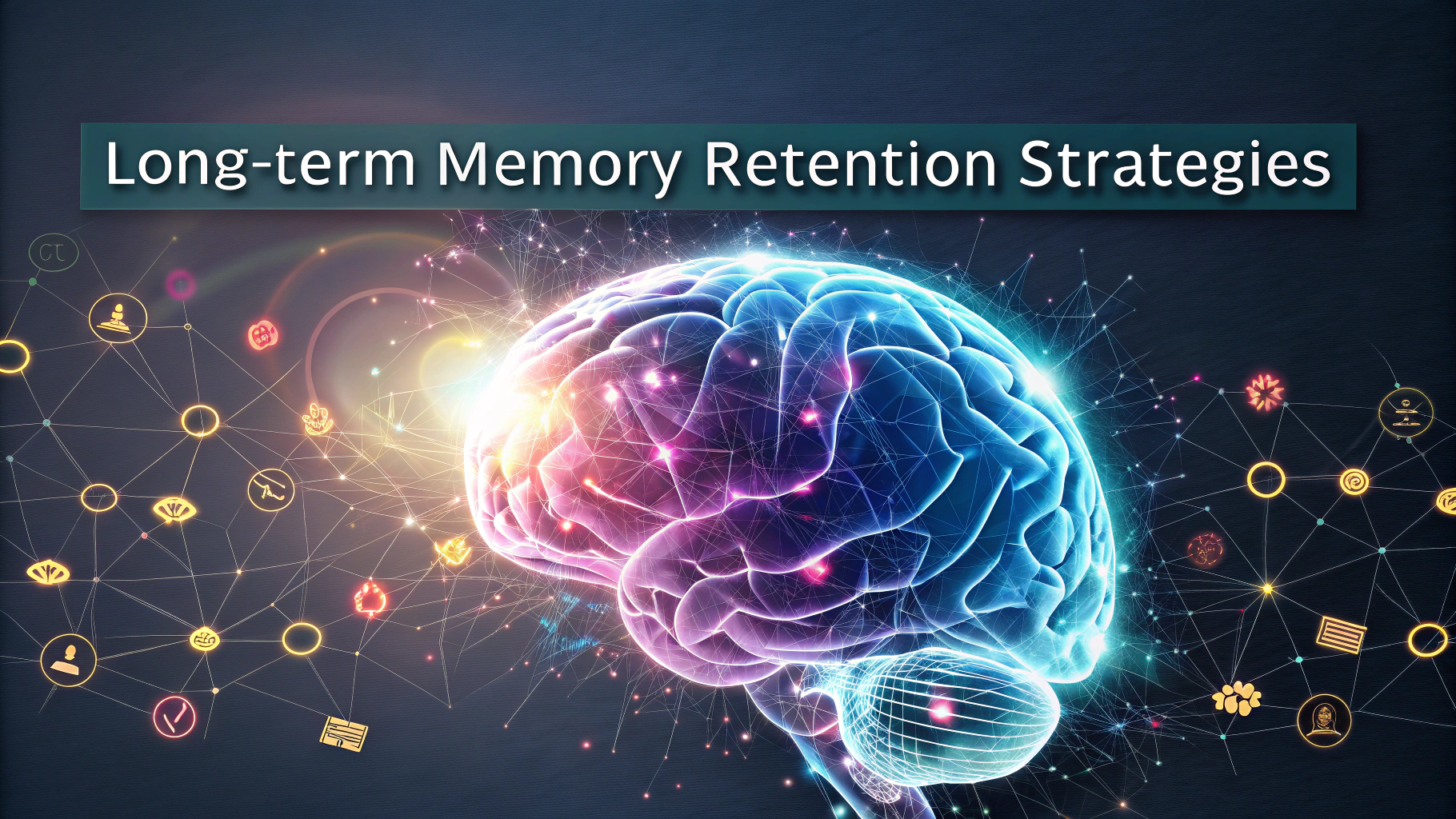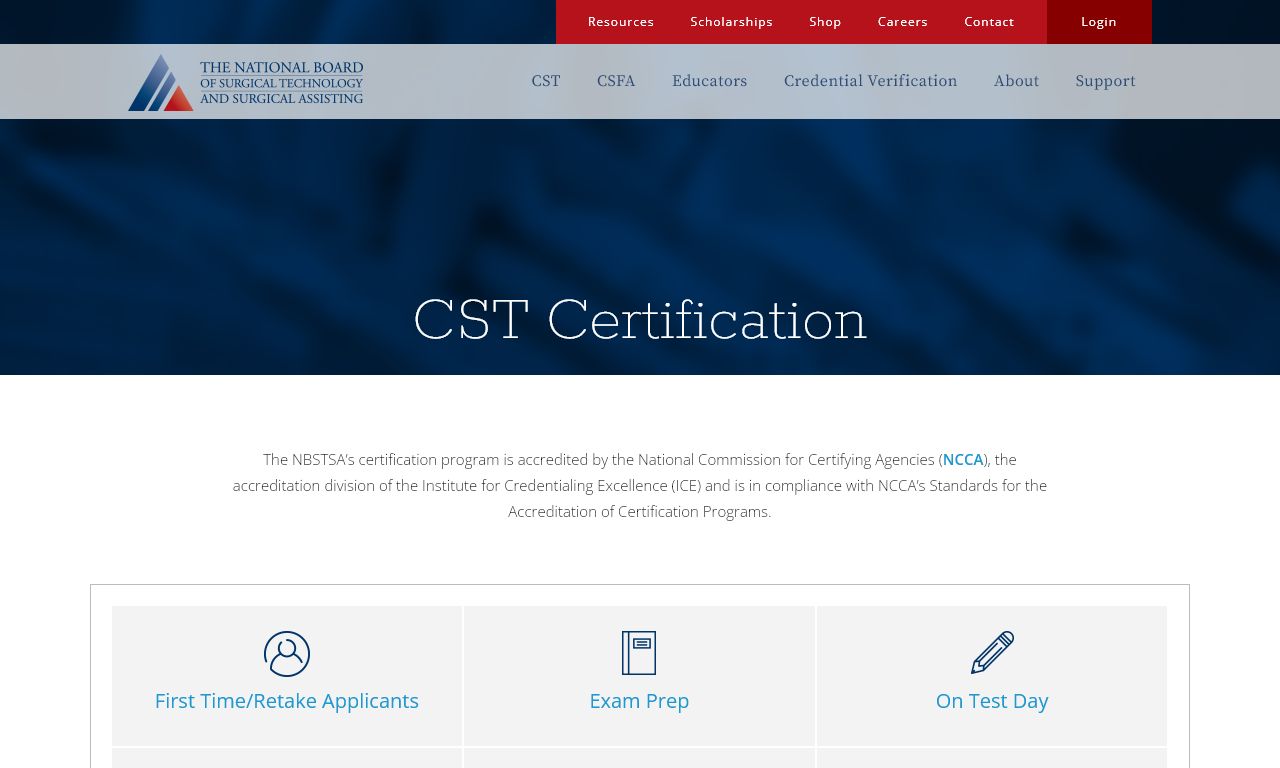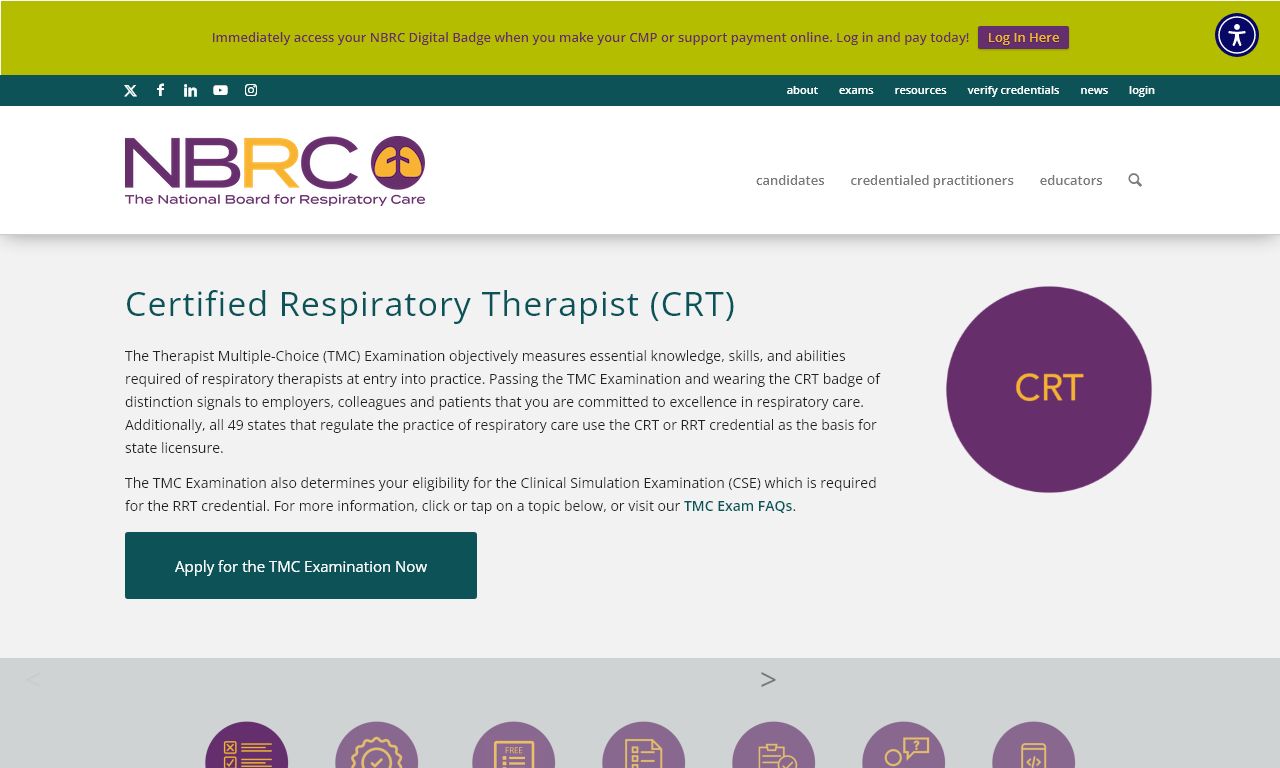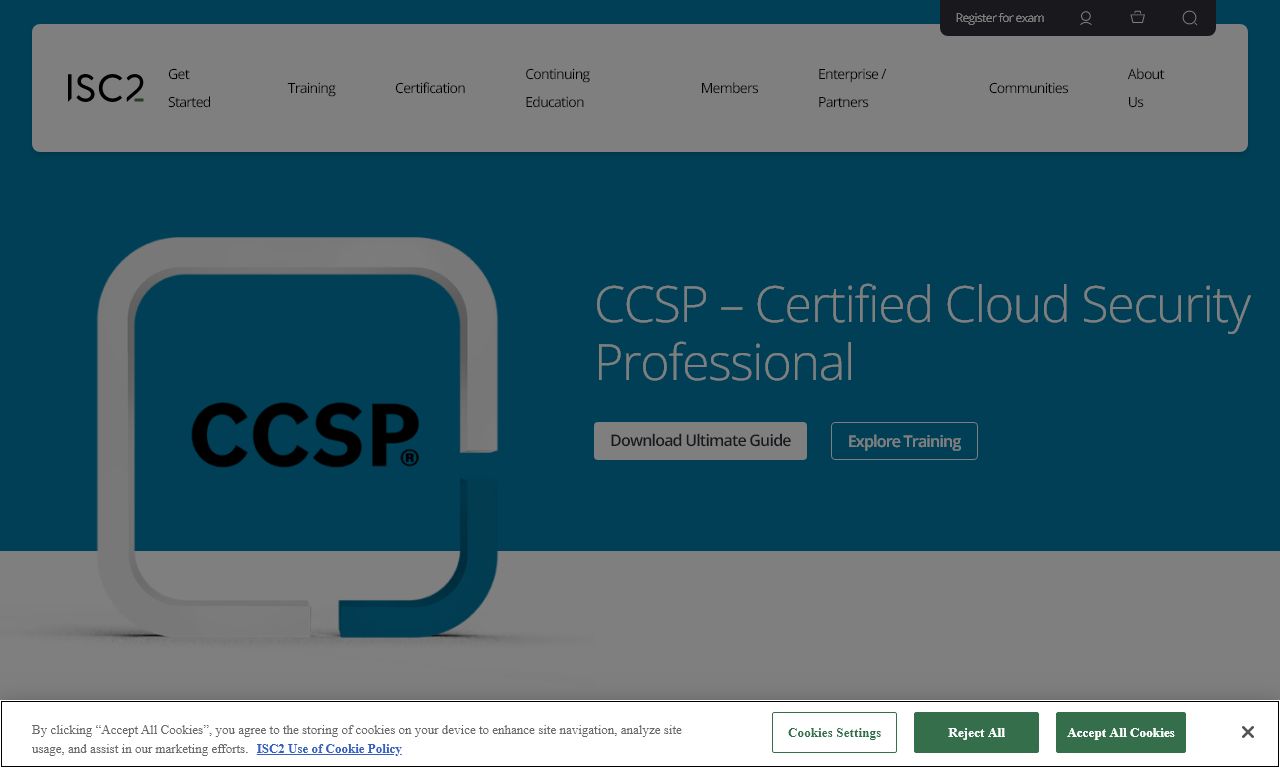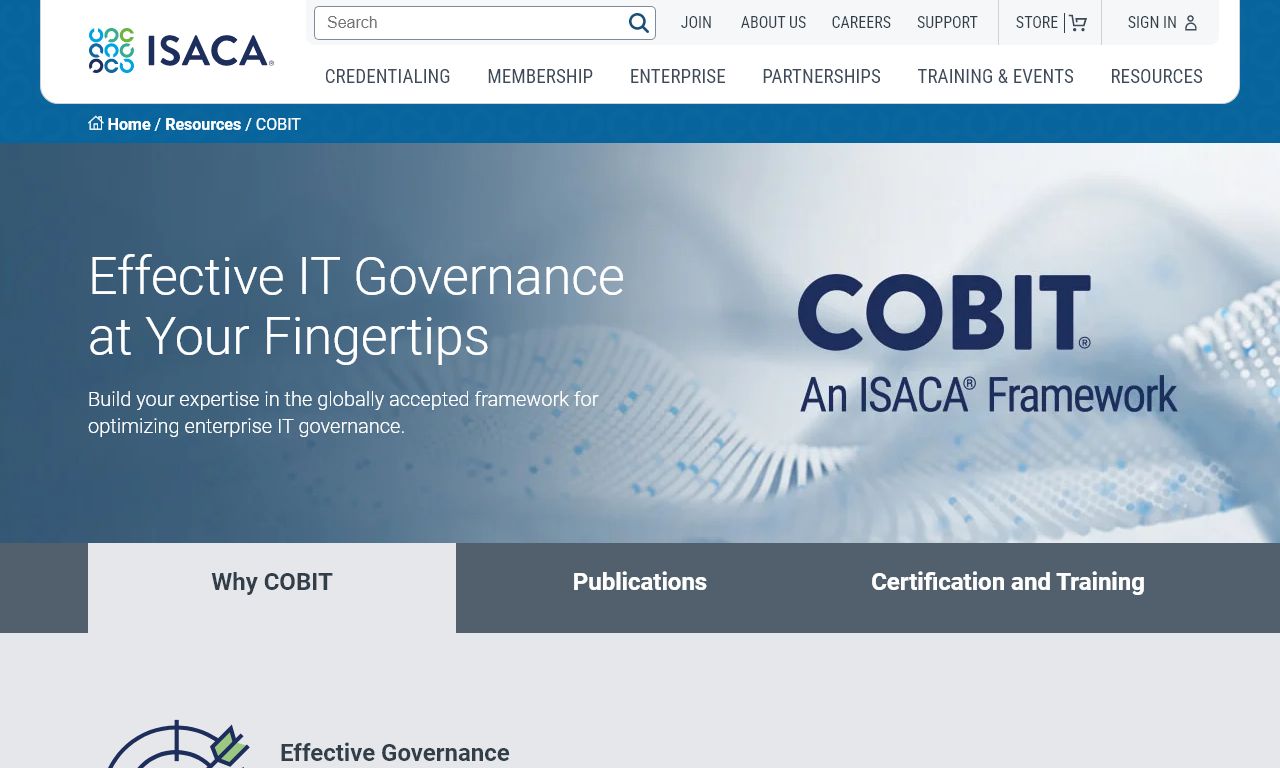Memory retention techniques can dramatically improve how well students remember information for exams and beyond.
Active Recall Methods
Testing yourself repeatedly on material works better than passive re-reading.
- Create flashcards using apps like Anki or Quizlet
- Write practice questions and answer them without notes
- Explain concepts out loud without referring to materials
- Draw mind maps from memory
Spaced Repetition
Reviewing information at strategic intervals helps move knowledge from short-term to long-term memory.
| Review Interval | Timing |
|---|---|
| First review | 24 hours after learning |
| Second review | 1 week after first review |
| Third review | 2 weeks after second review |
| Fourth review | 1 month after third review |
Memory Enhancement Techniques
These proven methods help encode information more effectively:
- Method of Loci: Associate information with specific locations in a familiar place
- Mnemonics: Create memorable phrases where each letter represents key information
- Story Method: Link facts together in a memorable narrative
- Visual Association: Connect information to striking images or diagrams
Physical Optimization
These physical factors directly impact memory formation:
- Get 7-9 hours of sleep before and after learning sessions
- Exercise regularly to increase brain blood flow
- Maintain proper hydration (8 glasses of water daily)
- Eat foods rich in omega-3s and antioxidants
Study Environment Setup
Your study space can significantly impact memory retention.
- Find a quiet location with minimal distractions
- Use proper lighting (preferably natural light)
- Maintain room temperature between 68-72°F (20-22°C)
- Keep study materials organized and easily accessible
Digital Tools for Memory Enhancement
- Anki: Free spaced repetition flashcard system
- MindMeister: Mind mapping software
- Quizlet: Interactive study sets and games
- RemNote: Note-taking with built-in spaced repetition
Common Mistakes to Avoid
- Cramming information right before exams
- Passive reading without active engagement
- Studying for long periods without breaks
- Neglecting regular review sessions
For personalized memory coaching, contact the Learning and Memory Research Institute at 1-800-MEMORY or visit their website.
Advanced Study Strategies
Combining multiple memory techniques creates more robust learning outcomes.
- Create multi-sensory learning experiences
- Teach concepts to others to reinforce understanding
- Record yourself explaining topics and listen during commutes
- Create physical models or diagrams when possible
Group Study Dynamics
Collaborative learning can enhance memory retention when structured properly.
- Assign specific roles to group members
- Practice explaining concepts to each other
- Create group quizzes and competitions
- Share and compare memory techniques
Long-term Retention Planning
Weekly Schedule
- Monday-Friday: Active learning sessions (45 minutes each)
- Saturday: Comprehensive review
- Sunday: Rest and consolidation
Conclusion
Effective memory retention requires a systematic approach combining active recall, spaced repetition, and proper physical maintenance. Success comes from consistent application of these techniques rather than last-minute efforts.
- Start implementing memory techniques early in the learning process
- Monitor and adjust methods based on personal results
- Maintain healthy lifestyle habits to support cognitive function
- Use technology tools to enhance traditional study methods
FAQs
- What is the most effective method for long-term memory retention when studying?
Active recall through self-testing and spaced repetition is the most effective method. Research shows that testing yourself repeatedly over increasing time intervals leads to significantly better long-term retention than passive review. - How long before an exam should I start studying for optimal memory retention?
Start at least 3-4 weeks before the exam, spreading study sessions across multiple days. This allows time for the spacing effect to work and for information to transfer from short-term to long-term memory. - Does teaching others help with memory retention?
Yes, teaching others (known as the protégé effect) enhances memory retention by forcing you to organize information, explain concepts clearly, and identify gaps in your understanding. - What role does sleep play in memory consolidation?
Sleep is crucial for memory consolidation, with studies showing that 7-9 hours of quality sleep after learning helps transfer information from short-term to long-term memory storage through neural replay processes. - How can mnemonics improve long-term memory retention?
Mnemonics create meaningful associations and organize information through acronyms, rhymes, or visualization techniques, making complex information easier to remember and retrieve. - What’s the optimal duration for study sessions to maximize retention?
Research indicates that 25-30 minute focused study sessions followed by short breaks (5-10 minutes) are optimal for maintaining attention and promoting long-term retention. - How does physical exercise impact memory retention?
Regular aerobic exercise increases blood flow to the brain and promotes the production of brain-derived neurotrophic factor (BDNF), which enhances memory formation and retention. - What role does nutrition play in memory retention?
A diet rich in omega-3 fatty acids, antioxidants, and B-vitamins supports brain health and memory function. Foods like fish, berries, nuts, and leafy greens are particularly beneficial. - How effective is highlighting text for long-term memory retention?
Highlighting alone is not very effective for retention. Research shows it’s a passive learning technique that should be combined with active methods like summarizing or creating study questions. - What impact does stress have on long-term memory retention?
Chronic stress negatively affects memory retention by elevating cortisol levels, which can impair hippocampal function. However, moderate acute stress during learning can actually enhance memory formation.
